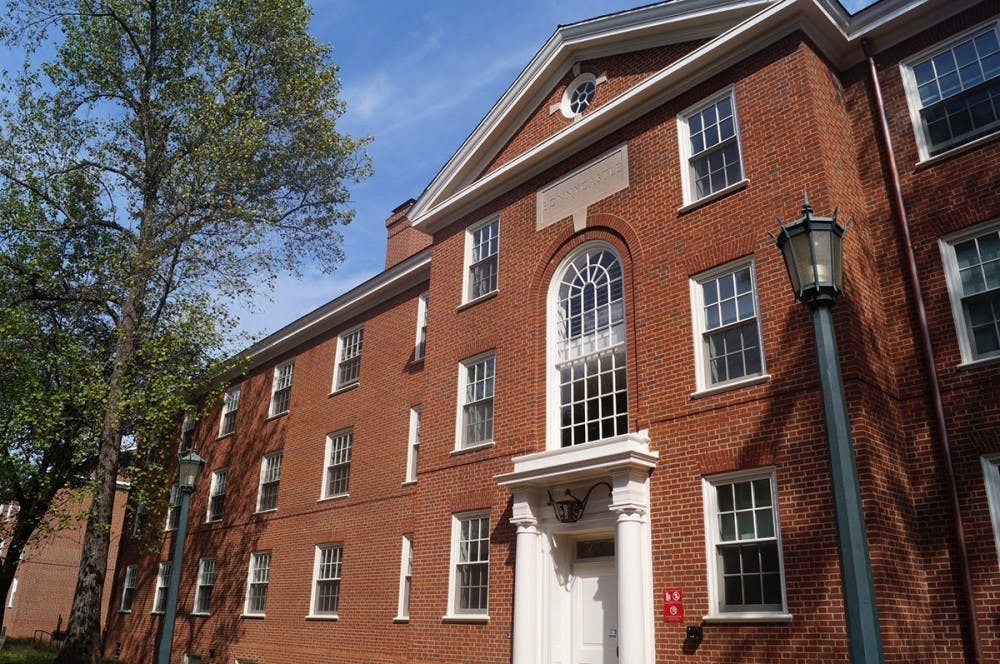The move to online courses for the spring 2020 semester has cost the University about $300,000, according to Wes Hester, the University’s director of media relations and deputy spokesperson. This money has gone towards increasing storage space and obtaining licenses for the online platforms for virtual instruction — Zoom and Panopto. The increase in spending also provides faculty and staff laptops so they can teach remotely.
Additionally, with most students now living at home, the University has issued roughly $18 million in refunds to students for unused housing and dining costs. The University directly funded $12 million of those refunds, while Aramark — the company that provides most of the University's dining services — absorbed the remaining $6 million. However, the University decided not to refund tuition for this semester.
“Students are continuing in their classes and earning full credit for the semester’s work,” Hester told The Cavalier Daily. “Tuition and fees continue to pay for the faculty’s delivery of instruction, as well as all the associated costs with educational delivery.”
Hester also noted that although one would think that the University would save money this spring by not having to maintain buildings and lecture halls, the University will not experience short-term savings.
“The University is not saving any money by temporarily providing instruction online,” Hester said. “We are continuing to pay for the costs of in-person delivery while adding costs of online delivery.”
This loss of money is being counteracted by University President Jim Ryan’s fiscal plan — which includes reducing salaries of senior leadership by 10 percent. However, the University cannot confirm yet whether these adjustments will be sufficient.
“We are still evaluating the overall impact, which these actions are really tools to help us adjust to a new fiscal environment,” Hester said. “We will know more after decisions about the fall are made and we complete a re-budgeting of FY21.”
One measure that will aid the University’s finances is the Coronavirus Aid, Relief and Economic Security Act — a piece of legislation recently passed by Congress. The University was allocated $11,716,710 from the federal government through the CARES Act, half of which must go directly to emergency financial aid, food costs and technology for students who cannot pay during the pandemic.
Hester also noted that the University foresees additional costs coming for summer courses, which he says will “implement some ‘Online 2.0’ ideas and new best practices during the summer sessions.” The details of this endeavor will be shared later.
As students look ahead to how COVID-19 will impact the fall semester, the University has not made a decision regarding whether classes will be virtual or not. A University model predicts that the peak of the coronavirus outbreak will occur in mid-July to late August if the stay-at-home order lasts until June 10.
Correction: This article has been updated to state that students have received $18 million in dining and housing refunds and clarified that the University directly funded $12 million of that amount.







